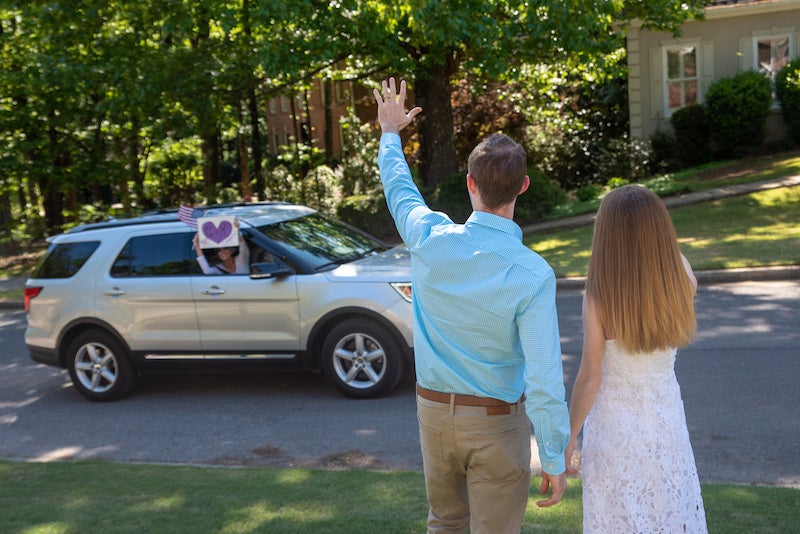Food and water safety after a tornado
Published 2:00 pm Monday, May 9, 2011
By ANGELA TREADAWAY / Guest Columnist
In the past week, Alabama has felt the impact of numerous storms and tornadoes.
In these times of confusion, it is not always easy to know exactly what to do. One of the biggest areas of concern is the safety of food and water. Hopefully this information will help our residents recover from the devastating tornadoes that have plagued our state recently.
Food
When the power goes off, food will remain frozen in your freezer for several hours — maybe as long as several days. If your freezer is full and not opened during the power outage, the food will remain frozen for up to two days — even if it is in the heat of the summer. If the freezer is only half full, food may stay frozen only one day. This time will also depend on the seals in your freezer. If there is leaking around the seals allowing cold air to escape, your food will thaw much faster.
Cooking
After a disaster has knocked out electricity or gas lines, cooking meals can be hazardous if a few basic rules are not followed.
Charcoal or gas grills are the most obvious alternative sources of heat for cooking. Never use them indoors. If you do, you risk both asphyxiation from carbon monoxide and the chance of starting a fire that could destroy your home.
Use small electrical appliances to prepare meals if you have access to an electrical generator with sufficient capacity. You can use wood for cooking in many situations. You can cook in a fireplace if the chimney is sound. Don’t start a fire in a fireplace that has a broken chimney. If you have to build a fire outside, build it away from buildings, never in a carport. Sparks can easily get into the ceiling and start a house fire.
Never use gasoline to start a wood or charcoal fire. Make sure any fire is well-contained. A metal drum or stones around the firebed are good precautions. A charcoal grill is a good place to build a wood fire. Be sure to put out any fire when you are through with it.
For more information about recovering from a storm, contact your local county extension office.
Angela Treadaway, Regional Extension Agent, Food Safety at treadas@aces.edu or (205) 410-3696.









